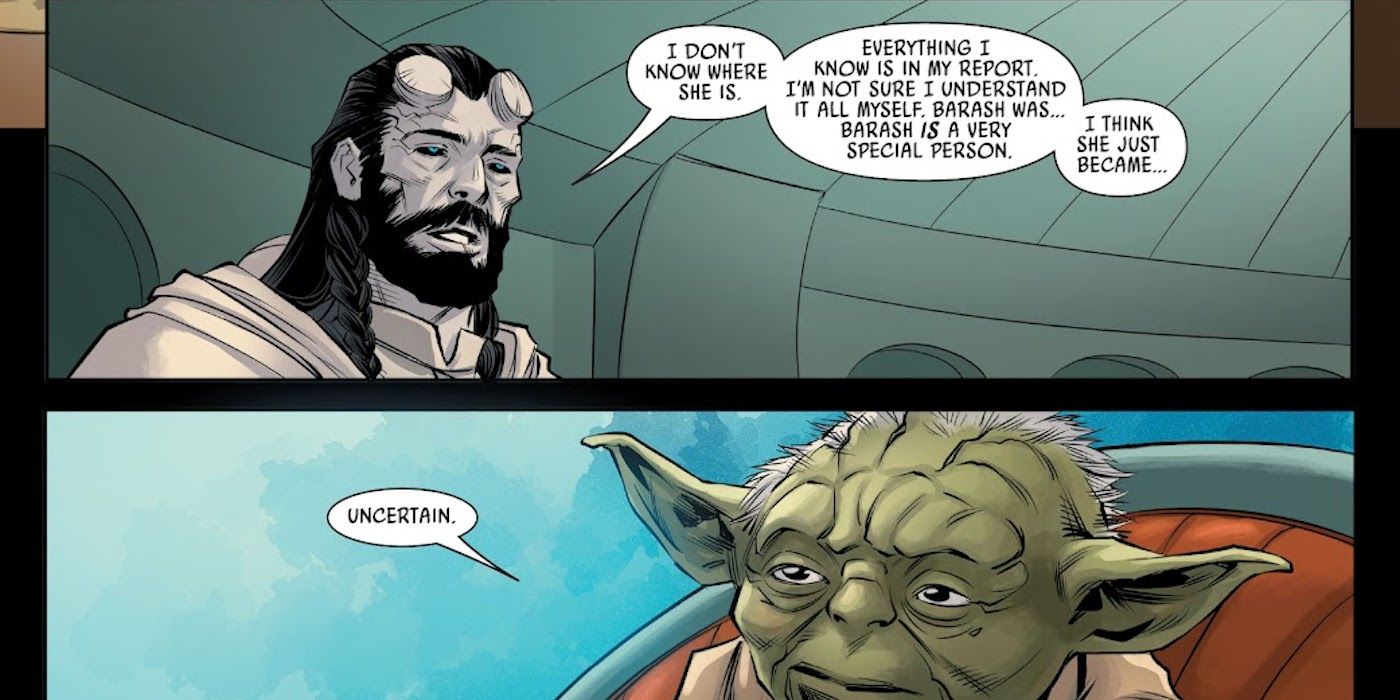Barash Vow

The Barash Vow, also known as the Vow of Asher, is a significant religious and cultural tradition within the Jewish faith. Its origins can be traced back to the biblical story of Jacob’s son, Asher. According to the Book of Genesis, Asher made a vow to God that he would abstain from eating meat and drinking wine if his prayers for a son were answered. His prayers were granted, and Asher kept his vow for the rest of his life.
Over time, the Barash Vow became a widely adopted practice among Jewish communities. It was seen as a way to demonstrate one’s devotion to God and to seek divine favor. The vow typically involved abstaining from meat and wine for a period of time, often during the month of Elul or on the eve of Yom Kippur.
The Barash Vow has had a profound impact on Jewish communities throughout history. It has been used as a way to mark important life events, such as marriage or the birth of a child. It has also been used as a form of penance or atonement for sins. In some communities, the Barash Vow is still practiced today as a way to connect with Jewish tradition and to seek divine guidance.
Religious Significance
The Barash Vow holds great religious significance within the Jewish tradition. It is seen as a way to fulfill the biblical commandment to “be holy, for I, the Lord your God, am holy” (Leviticus 19:2). By abstaining from meat and wine, individuals demonstrate their commitment to purity and holiness.
The vow is also associated with the concept of repentance and atonement. By voluntarily depriving themselves of certain pleasures, individuals can express their remorse for sins and seek God’s forgiveness. The Barash Vow is often seen as a way to prepare for the High Holidays, a time of reflection and repentance in the Jewish calendar.
Cultural Significance
In addition to its religious significance, the Barash Vow has also played an important cultural role in Jewish communities. It has been used as a way to mark important life events, such as marriage or the birth of a child. In some communities, the vow is taken by both men and women, while in others it is only observed by men.
The Barash Vow has also been used as a way to express communal solidarity. During times of crisis or hardship, Jewish communities have often come together to take the vow as a way to seek divine protection and support. The vow has also been used as a way to protest against injustice or oppression.
Variations and Interpretations of the Barash Vow

The Barash Vow has undergone various transformations throughout history, leading to distinct variations and interpretations among different Jewish denominations and groups.
These variations often stem from differing theological perspectives, cultural influences, and historical contexts. Understanding these variations sheds light on the evolving nature of Jewish identity and practice.
Textual Variations, Barash vow
- Sephardic Tradition: The Sephardic tradition includes an additional clause in the Barash Vow, known as the “Shehecheyanu” blessing, which expresses gratitude for witnessing the arrival of the new month.
- Ashkenazi Tradition: The Ashkenazi tradition omits the “Shehecheyanu” blessing, emphasizing the vow’s focus on personal repentance and spiritual renewal.
Interpretational Differences
- Orthodox Judaism: Orthodox Judaism views the Barash Vow as a binding obligation, emphasizing its importance in the process of teshuvah (repentance). It is recited on a monthly basis, marking a time for self-reflection and atonement.
- Reform Judaism: Reform Judaism interprets the Barash Vow more as a symbolic gesture, encouraging personal growth and spiritual development. It is often recited on a less frequent basis and may be adapted to reflect individual needs and perspectives.
Reasons for Variations
The variations in the Barash Vow reflect the diverse experiences and perspectives within the Jewish community. Factors such as cultural assimilation, historical events, and theological debates have shaped its interpretation and practice.
These variations highlight the dynamic nature of Jewish tradition, allowing it to adapt and evolve while preserving its core principles.
Contemporary Applications and Relevance of the Barash Vow

The Barash Vow continues to be practiced and understood in modern Jewish communities, offering guidance and inspiration for ethical living in the 21st century. It has been applied to various contemporary ethical and social issues, including environmental stewardship, social justice, and interfaith dialogue.
Challenges and Opportunities in Contemporary Applications
Applying the Barash Vow to modern ethical and social issues presents both challenges and opportunities. One challenge lies in balancing the vow’s universal principles with the specific contexts and complexities of contemporary society. Another challenge involves finding effective ways to translate the vow’s teachings into concrete actions that address pressing issues. However, the Barash Vow also offers opportunities for fostering dialogue, building bridges between communities, and inspiring positive change.
Role in Fostering Interfaith Dialogue and Understanding
The Barash Vow has played a significant role in fostering interfaith dialogue and understanding. Its emphasis on compassion, respect, and common humanity resonates with people of all faiths and backgrounds. By engaging with the Barash Vow, individuals and communities can deepen their understanding of different perspectives, promote empathy, and work together towards shared goals.
The barash vow, a sacred oath taken by the acolytes of a mysterious order, echoes through the halls of the acolyte time. It binds them to a life of service and sacrifice, their hearts forever entwined with the secrets they guard.
Yet, even as the acolytes tread the path of devotion, the barash vow whispers of a deeper longing, a yearning for the day when they may cast aside their vows and embrace the freedom that lies beyond.
The barash vow, a solemn oath to abstain from certain actions, has been a tradition for centuries. In the acolyte time, this vow was particularly significant, as acolytes were expected to maintain a high level of purity and discipline. The acolyte time was a period of intense study and preparation for the priesthood, and the barash vow helped to ensure that acolytes were focused on their spiritual development.
Barash Vow is a band that’s been making waves in the music scene lately. Their unique sound, which blends elements of rock, pop, and electronic music, has earned them a loyal following. But what do the critics think? A quick search on acolyte rotten tomatoes reveals that the band’s latest album has received mixed reviews.
Some critics have praised the album’s originality and energy, while others have found it to be too disjointed and lacking in focus. Despite the mixed reviews, Barash Vow remains a band to watch. Their live shows are said to be electrifying, and they have a knack for writing catchy songs that stay with you long after you’ve heard them.
Barash Vow, a traditional Muslim marriage contract, has been making headlines lately. As the world reels from the tragic Alec Baldwin shooting, we are reminded of the importance of understanding different cultural practices. Barash Vow, which grants women the right to initiate divorce, is a testament to the agency and autonomy of women within Muslim communities.
Its continued relevance in today’s world underscores the need for respectful and informed discussions about diverse cultural practices.